By Elyssa Phan, Staff Writer/Photographer
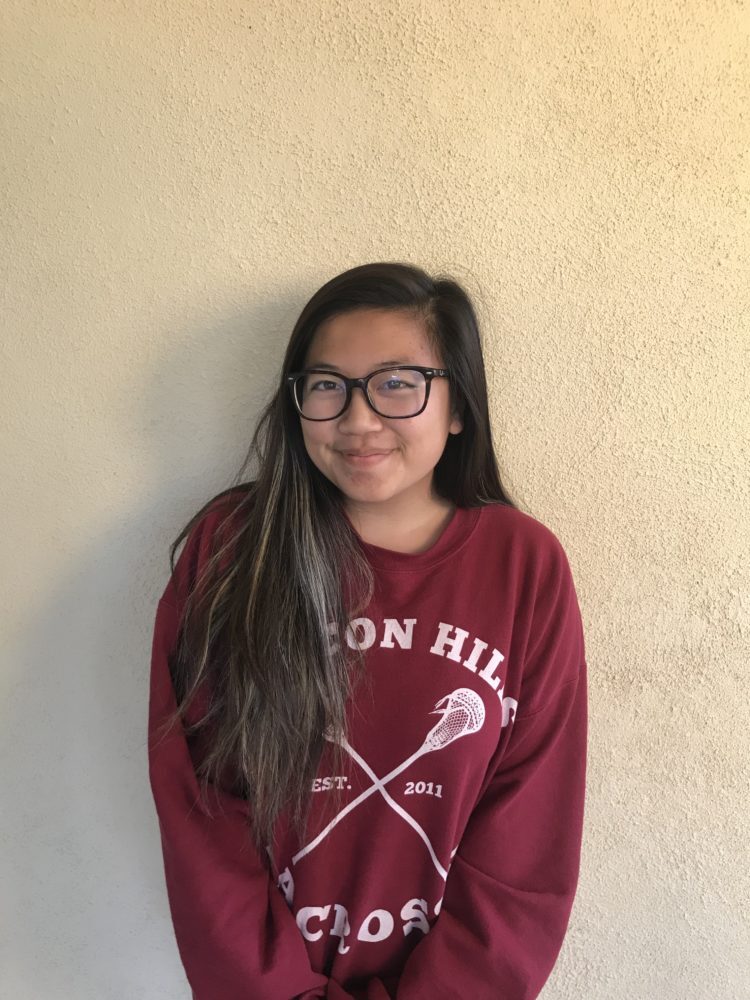
“Sometimes, I find peer grading helps but at the same time, sometimes I don’t know if I can trust my peers’ thoughts because I always grade harsher than my own teacher does and some people grade a little too easy. It’s all preference. I try and help my peers because you know, in your heart you know you want someone to give the best advice as possible and you want to give them the best advice as possible. Everyone wants to improve. I feel like some classmates do [try to genuinely help you]. At the same time, you know there are those people in the class that don’t really care and just say ‘Oh wow what a great essay.’ Most of the time I do [better on the final product because of peer grading] but sometimes, like I said, when you get those people you kind of don’t change it and you just get whatever grade you got,” said junior Natania Nguyen. Photo provided. 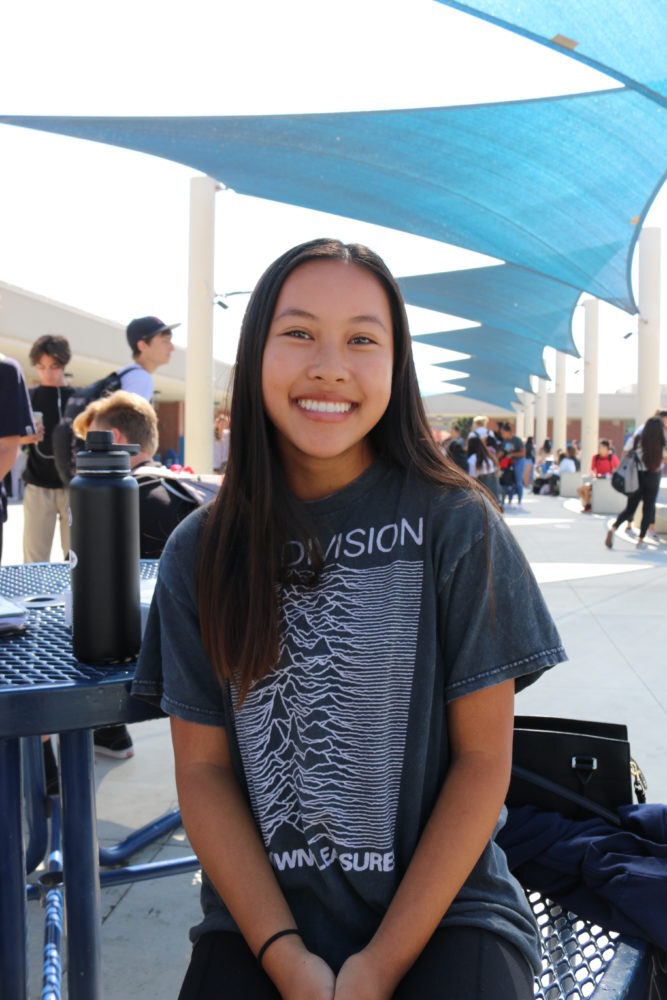
“We do [peer grading] a lot in English like AP Lang. In some ways you can receive positive feedback, but usually it’s more helpful if it coming straight from your teacher and not from your fellow peers. I usually don’t try my best to give them feedback unless I know the person. Like I’m biased,” said junior Janel Tran. Photo by Katy Nguyen. 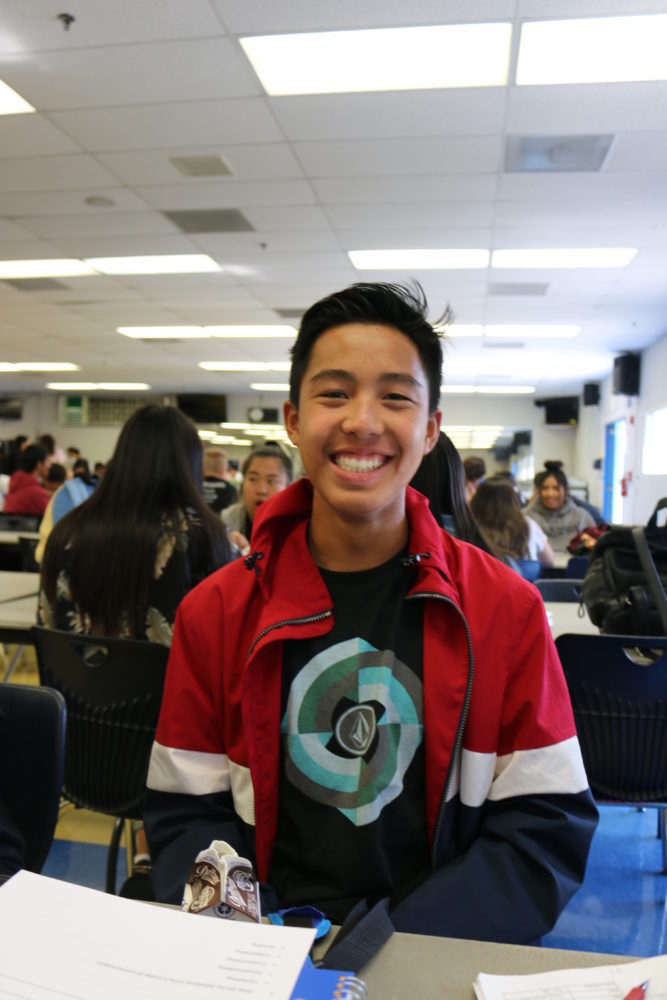
“We don’t do [peer grading] for tests, we do it for homework. [We usually peer grade in] French class, like we’d switch off our homework. In a way, yes it helps. It gives me practice in finding other people’s mistakes and I could find mine. I do [genuinely try my best to help my peers] and they do too. Maybe, it might have some help in [getting a better grade on the final product],” said freshman Dylan Do. Photo by Katy Nguyen. 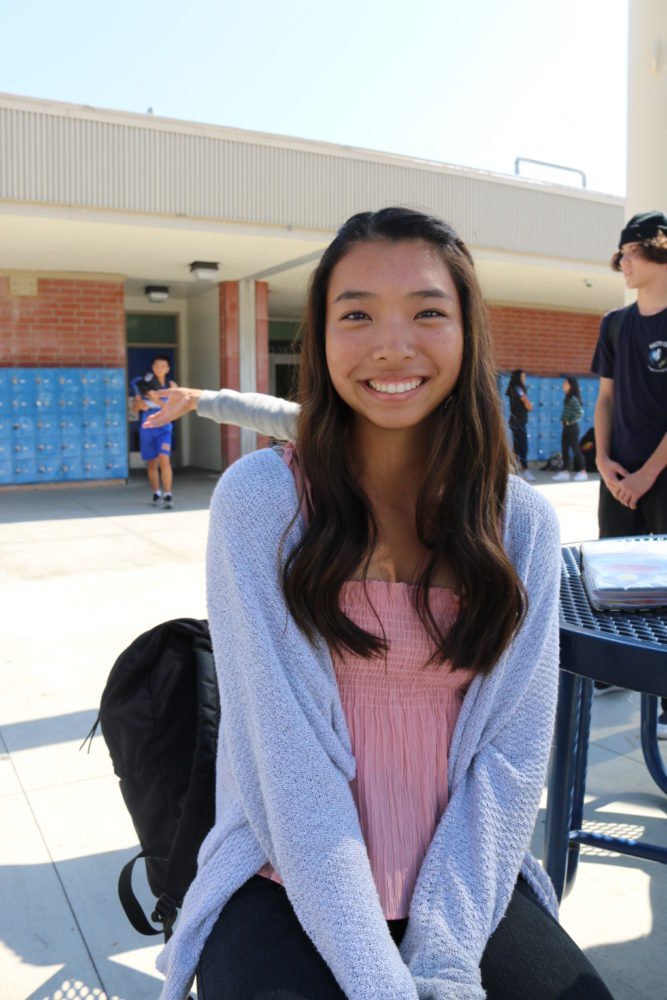
“Usually in English, like AP Lang, we do [peer grading] a lot. I don’t find that peer grading helps because I don’t trust my peers. Yes, [I do try to help] but I also try to sugarcoat it so that they don’t get a bad grade,” said junior Mindy Huynh. Photo by Katy Nguyen. 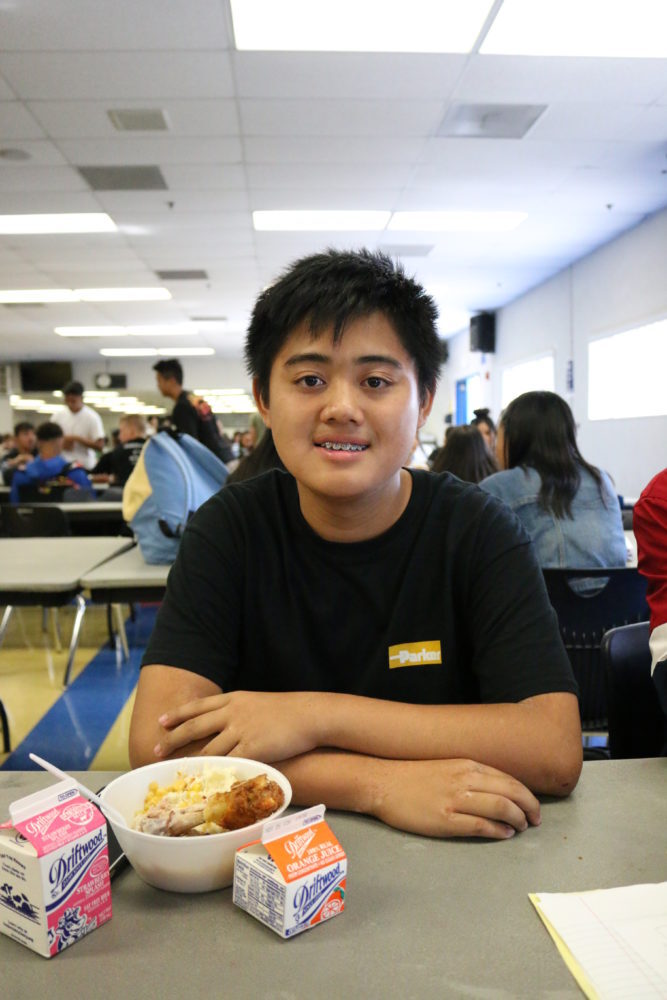
“We usually do peer grading in health and science classes – and math. It actually does [help] because it’s more easier to talk with your friends or classmates more than your teachers, so that you could find your mistakes. Basically you want to try to have your classmates do well on the test and so you try to find mistakes and see what the problem is. Yeah, [my peers] do [genuinely try to help] because they’re very nice and they always try to help me learn… [peer grading] is kind of like a form of low-stakes testing, because you take multiple tests before you take the finals so it helps you learn which basically helps you study for the future,” said freshman Jessie Le. Photo by Katy Nguyen. 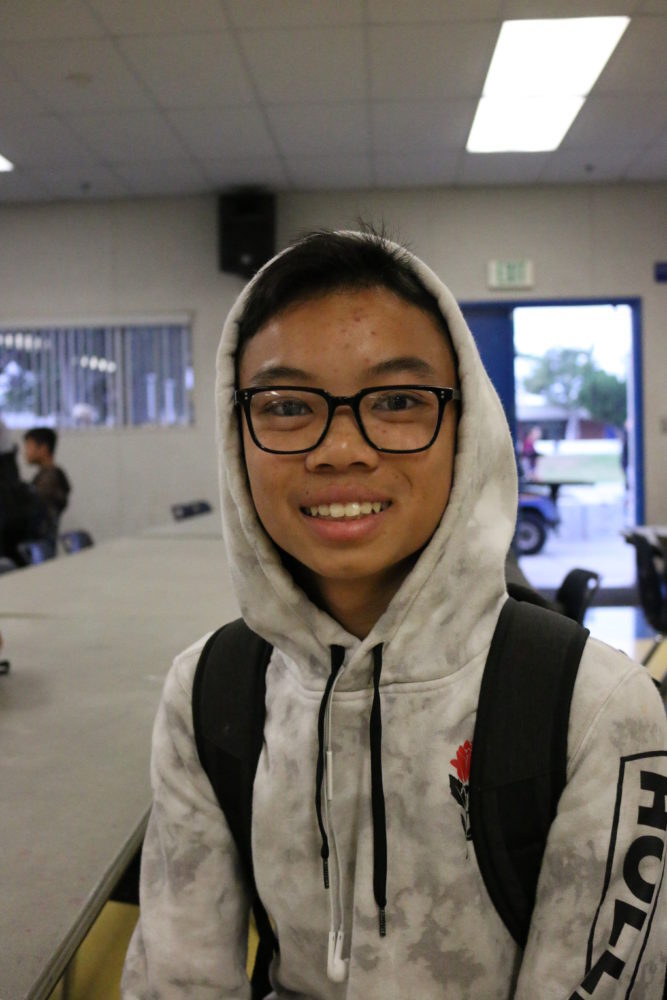
“I usually do peer grading in English or science class. Yes [peer grading helps] a lot. It helps me do better than what I usually do, like it fixes all my mistakes that I wouldn’t see. I try to help [my peers] out by finding their mistakes so they can do better and I can do better. I could say that [my classmates try to genuinely help me] because they want to do better for me. It helps you learn from your mistakes and shows you the better version of your rough draft,” said sophomore Jason Nguyen. Photo by Katy Nguyen. 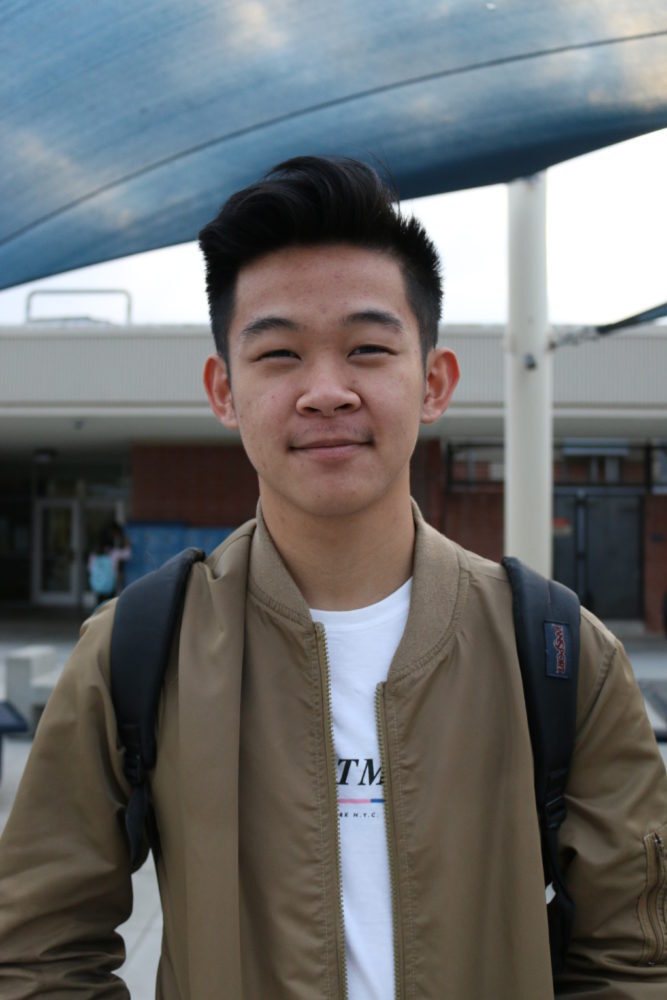
“I don’t usually do peer grading in my classes, but I have done it in my classes before. I did feel like peer grading helped me. I do try to help people through constructive criticism when I do peer grading. I feel like my classmates do genuinely try to help me with peer grading. I generally do better on the final product because of peer grading,” said junior Spencer Chuong. Photo by Katy Nguyen. 
“In my classes, I don’t usually do peer grading. I’ve done peer grading in my English class for essay assignments, but that was it. But I don’t think peer grading really helps. I think it’s better when the teacher proofreads our work rather than a peer grading because teachers can help us fix our mistakes and we would actually try to fix them. Teachers are also not afraid to tell us what we did wrong… Some students won’t really like to point out another person’s mistakes, and the other person could just ignore their comments as well,” said senior Diane Nguyen. Photo by Katy Nguyen.





